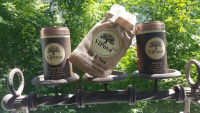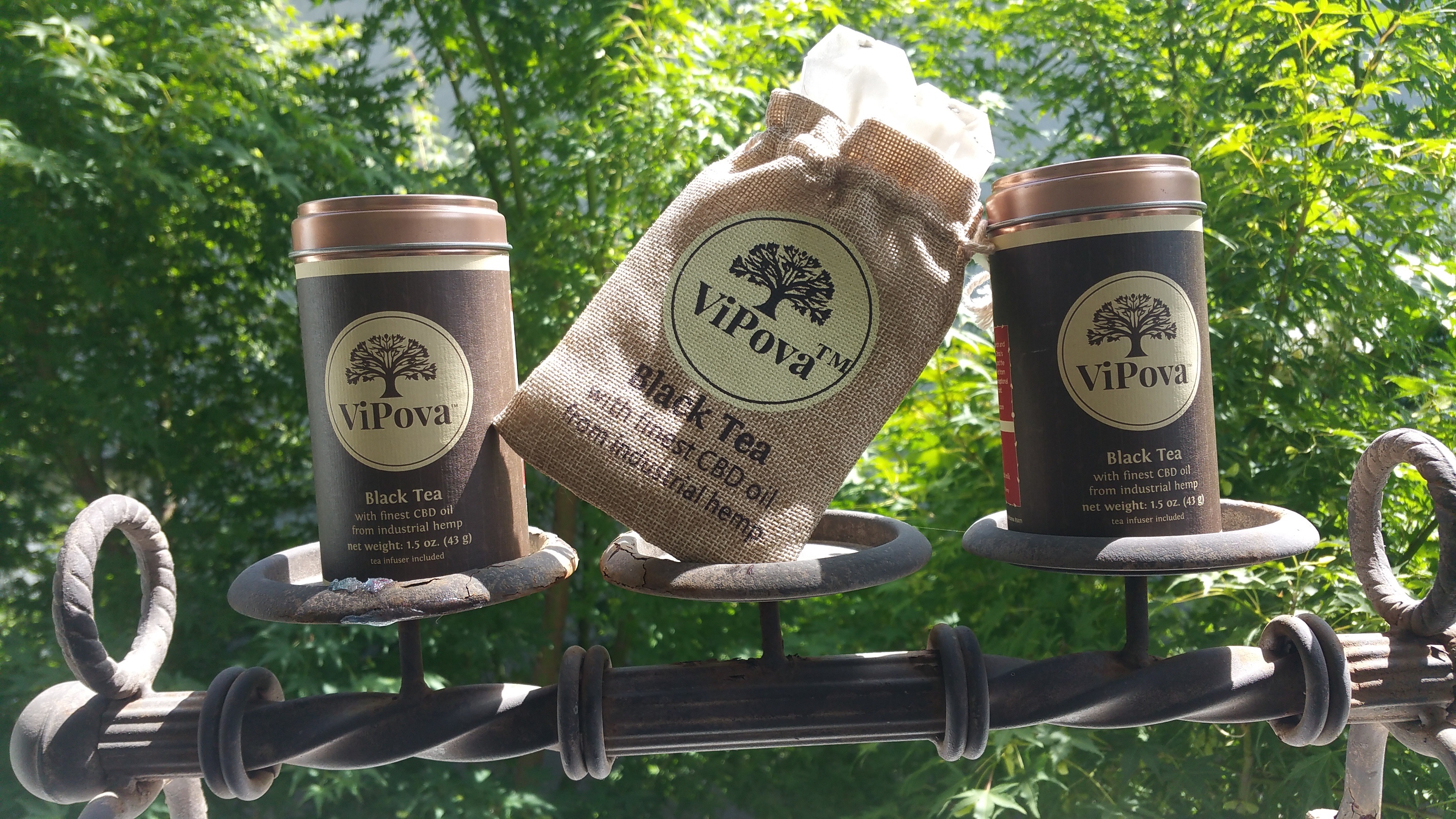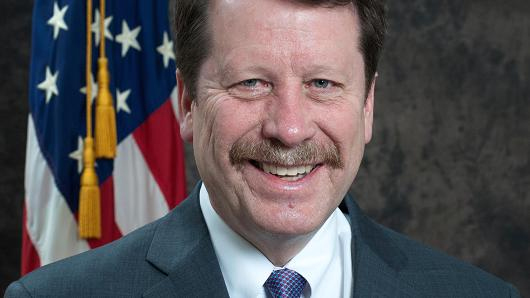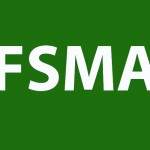With cannabis-infused edibles gaining a bigger market share in 2014 (See the marijuana edibles regulatory update here), it comes as no surprise that cannabis-infused beverages are growing in popularity. Some of these beverage manufacturers operate in a very interesting legal environment because of the differentiation between compounds found in hemp and marijuana, two different varieties of cannabis.
“Under federal legislation, there is an exemption for hemp and as long as we process our CBD (Cannabidiol) molecules from the hemp plant, we are allowed to sell our products federally,” says Chris Bunka, CEO of Lexaria, a company that makes a hemp-infused tea.

A number of scientific research studies have suggested that the compound CBD has medical properties that can help mitigate symptoms like inflammation, anxiety, chronic pain, and much more.
Because of the federal exemption for hemp, Lexaria can enjoy interstate commerce and other freedoms that manufacturers using marijuana flowers do not, such as access to banking services. Dried marijuana flowers contain the psychoactive compound, Tetrahydrocannabinol (THC). This compound is responsible for the regulatory and legal schism between the states that have legalized marijuana and the federal government, which still considers it to be a Schedule I narcotic.
Much unlike a number of marijuana edibles manufacturers operating in states where marijuana is currently legal, hemp-infused beverage manufacturers operate in full FDA compliance.
Michael Christopher, founder of Loft Tea, is working with a laboratory and bottler that are both 100% FDA compliant. “We definitely operate up to and abide by all FDA best practices with our laboratory and as far as producing and handling material we use best manufacturing practices and processes,” says Christopher.
“We have to partner with a bottler and laboratory who have the reputation to build trust with our brand as an industry leader in safety and quality,” says Christopher. “Until the FDA gives us complete guidelines on cannabis-infused products, we will continue to operate above and beyond best manufacturing practices with our infusions.”
Because these manufacturers view their hemp tea as a health and wellness product, it is only a matter of time before we see these types of products lining the shelves of health-food stores nationally. However, before this happens, an FDA regulatory framework specific to hemp-infused products is needed to address this growing industry.
“The hemp infusion industry has a lot of opportunity when presented in the right framework,” Christopher says. “There is still education needed in the marketplace to get it to the point where it will be on the shelves in stores like Whole Foods.”
Until that time comes, expect to see a steady growth of interest and inquiry from consumers, manufacturers, and regulators alike in the cannabis industry, whether federally legal or not.







Nice article Aaron !!!